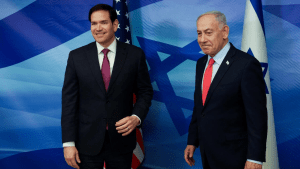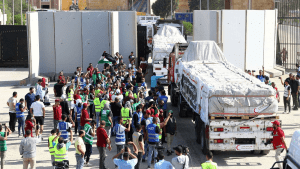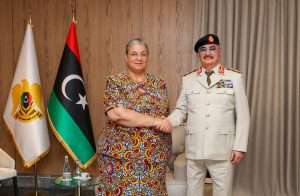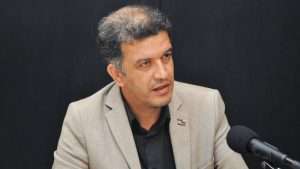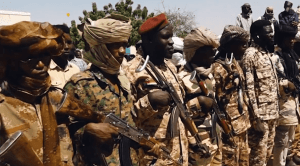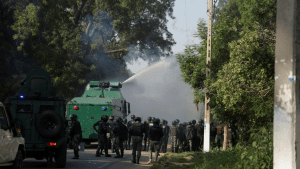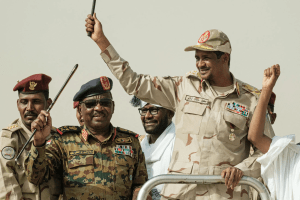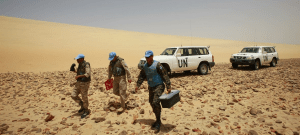Wave of outrage sweeps Iraq over Al-Sharaa’s Summit invite
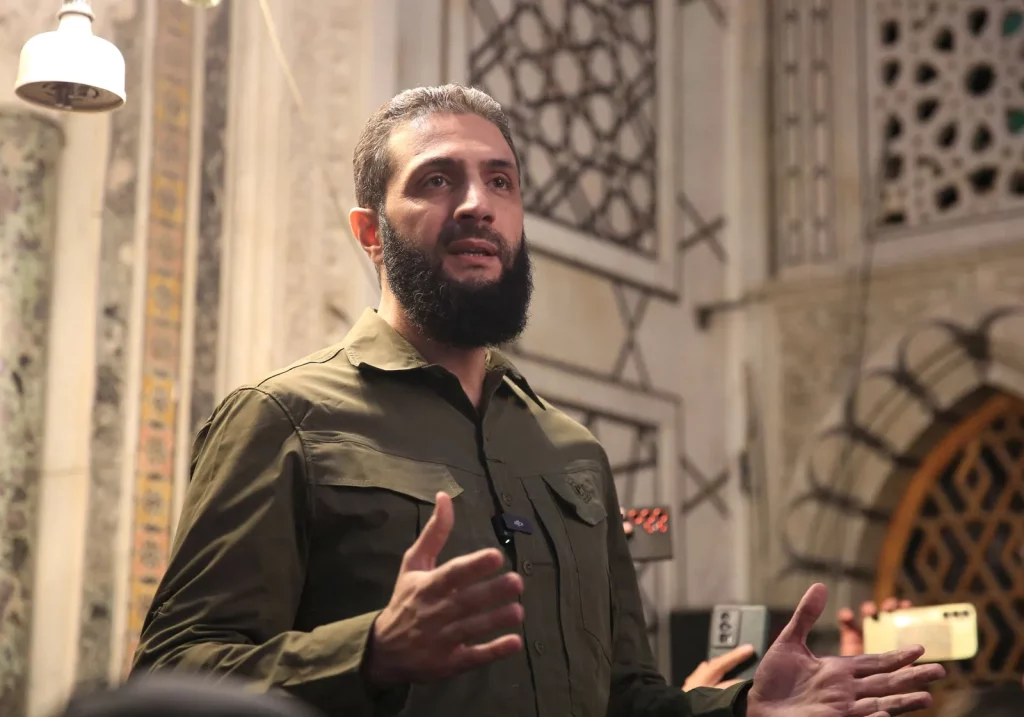
A mounting wave of outrage has swept through Iraqi political circles and social media since the announcement of the Syrian interim President Ahmed al-Sharaa’s invite to the Arab League Summit, scheduled for May 17th.
At the Sulaymaniyah Forum on April 16th, Iraqi Prime Minister Mohammed Shia Al-Sudani defended the decision, insisting that the summit would serve as a platform to resolve regional crises through dialogue, including Iran’s own growing tensions with the US.
“Yes, a formal invitation has been delivered to him, and he is welcome to attend and participate in the Arab Summit,” Prime Minister Al-Sudani told The National’s Editor-in-Chief Mina Al-Oraibi.
According to The National, the backlash reflects deep unease over al-Sharaa’s rise to power—after ousting longtime ruler Bashar al-Assad in late 2024—and what it may signal for shifting regional alliances.
Al-Sharaa led the December 2024 military campaign that forced Assad from power, marking one of the most dramatic upheavals in the region’s recent history. A former commander of Hay’at Tahrir al-Sham (HTS)—a powerful Islamist division with origin links to al-Qaeda—he assumed the Syrian presidency in January 2025 amid ongoing violence and factional rivalries.
Much of the backlash has come from influential Shiite power centers in Iraq, particularly pro-Iran political blocs and Tehran-aligned militias that once fought in defense of Assad’s regime during Syria’s 13-year civil war. For these groups, al-Sharaa’s ascent is viewed not only as ideologically suspect, but as a betrayal of years of bloodshed and battlefield alliance.
Shiite legislator Yousif Al-Kilaby called on Iraqi Prime Minister Mohammed Shia Al-Sudani, himself a Shiite, to “reflect on your actions before it is too late.”
Pro-Iran Shiite militias in Iraq have been circulating official documents detailing Ahmed al-Sharaa’s arrest and detention by US forces, alongside disturbing visuals of him swearing allegiance to the late Al-Qaeda leader Ayman al-Zawahiri. These documents and media have been used to further discredit al-Sharaa’s legitimacy in Iraq, fueling the growing resentment toward his presence in the Arab League summit.
While the documents circulating online have yet to be independently verified, some have also suggested that he was once detained by both US forces and the Iraqi government in notorious facilities like Camp Bucca and Camp Taji, according to The Jerusalem Post
Though no clear evidence of criminal charges has surfaced, the connection, if confirmed, adds a chilling layer to al-Sharaa’s already controversial past.
The May 17th summit, which will mark the first time Iraq has hosted the Arab League since 2012, comes at a pivotal moment for the region. Amid Israel’s ongoing war on Gaza and crucial negotiations between Iran and the US over nuclear issues and regional tensions, the summit will serve as a key platform for discussions on the Middle East’s most pressing concerns.
Iraqi Prime Minister Mohammed Shia Al-Sudani emphasised the significance of the event, stating that it represents Baghdad’s “return to a pivotal role” in regional diplomacy.
He further reassured critics by noting that Iraq remains outside any regional bloc and suggested that the Iran-US talks would have positive ripple effects on both Iraq and the broader Middle East.
While al-Sharaa’s invite to the Summit has sparked outrage and controversy, the summit’s broader objectives may offer Iraq the chance to position itself as a neutral mediator in an increasingly divided region.
As Iraq navigates its delicate political landscape, the invitation of Ahmed al-Sharaa to the Arab League summit continues to stir fierce debate and resentment.
While some argue that diplomatic engagement is necessary to address regional challenges, others view his presence as a betrayal of the sacrifices made during Syria’s devastating civil war.
With tensions rising both on the streets and within political circles, Iraq’s response to al-Sharaa’s controversial invitation will likely set the tone for future regional diplomacy.
The National. The Jerusalem Post. Levantis. Maghrebi
Want to chase the pulse of North Africa?
Subscribe to receive our FREE weekly PDF magazine





